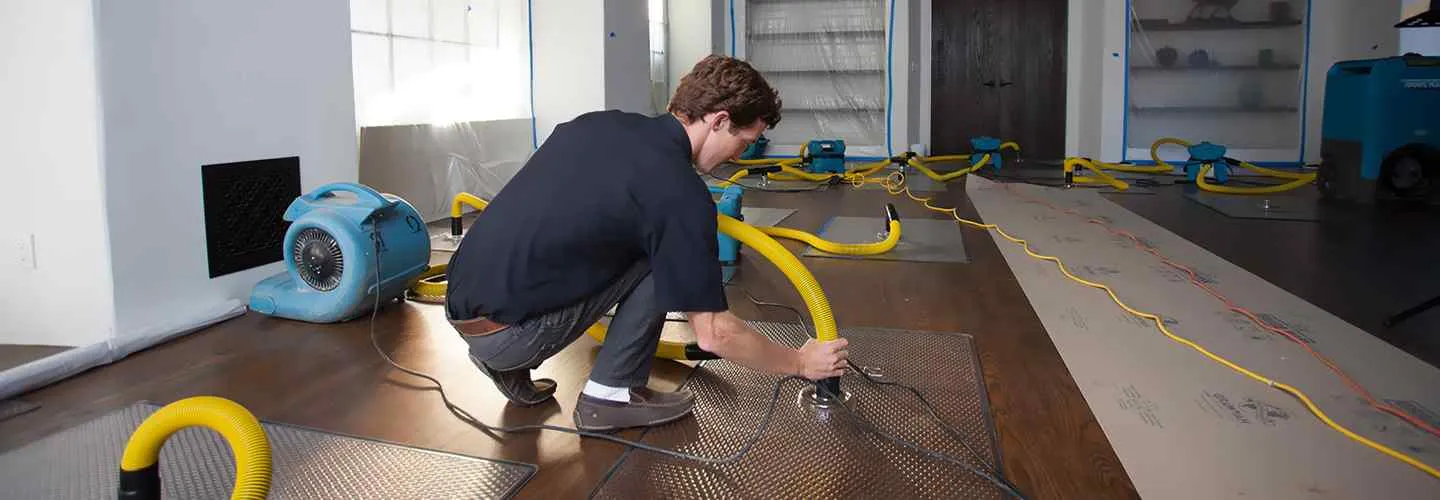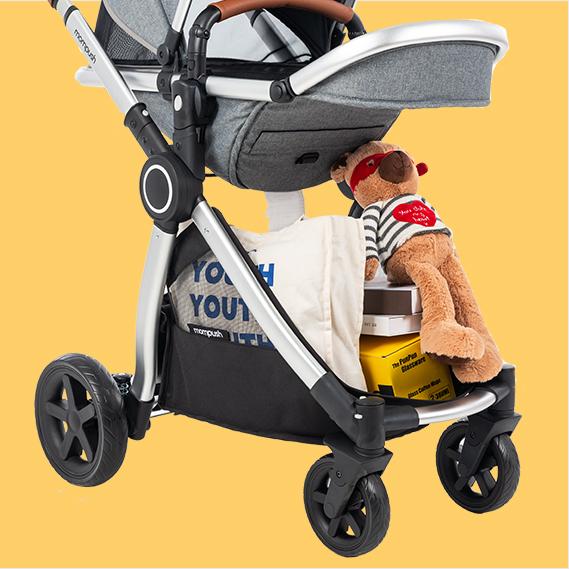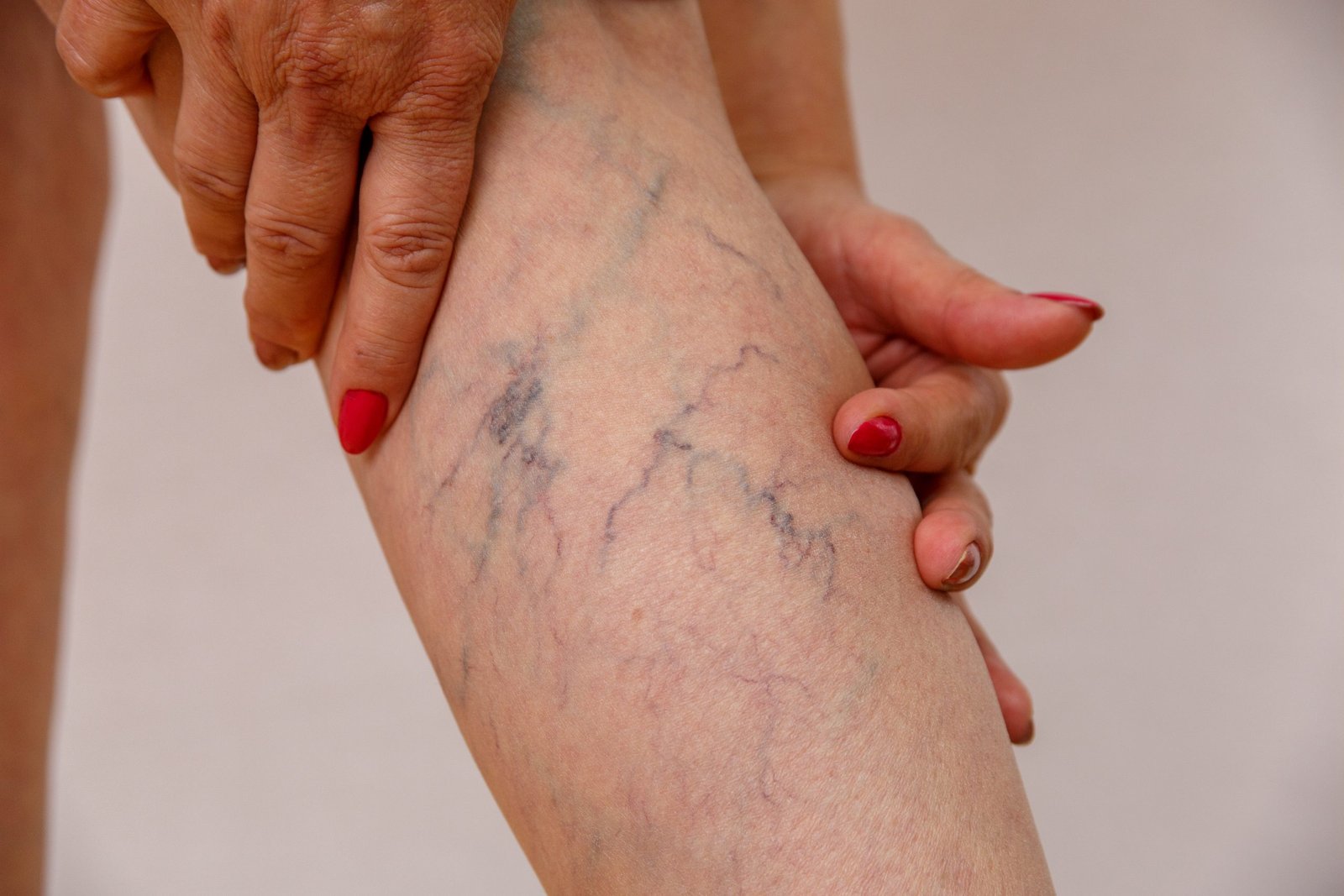Caring for a senior with Alzheimer’s can be tough but fulfilling. This article is an extensive guide that will help you through providing care and support for your loved one who is suffering from this condition. You will be able to keep your elderly safe and happy by understanding what the illness entails and using effective caregiving techniques. Note that there are good care facilities for example
memory care near me or even assisted living homes where they can go if need be.
At an early stage of the disease as well as when it progresses into later stages consider doing the following:
Create a Schedule
It is important that you come up with a timetable to follow each day because people who have got Alzheimer’s need things that are familiar around them most times hence this makes them feel secured too.
Sticking to regular hours for meals, activities or sleeping among others matters so much since they will always know when such things should happen which is good for their health also
Choose what you want them to do depending on their interests e.g., simple exercises like walking around may be enough if done regularly even without going anywhere else apart from within the compound but ensure there is someone responsible around just incase.
More complex tasks should be broken down into smaller manageable units so that you give these individuals one instruction at a time because many instructions confuse them easily especially if not clear enough hence such people need being told what exactly has to be done in an easy way which does not require much thinking or remembering.
However despite all these points it is key but also very healthy sometimes let your dementia patients be flexible enough since we cannot be rigid with our routines always bearing in mind that different days may have different needs hence what might have…
Healthy Eating Habits
In order to maintain good health it is essential for everyone to eat well, this is particularly important for
elderly people with Alzheimer’s disease. You should therefore promote a balanced diet including a variety of fruits, vegetables, whole grains, lean meats or other proteins such as fish and beans – most of which have low saturated fat content – and healthy fat-containing foods like nuts and olives. Feed smaller meals many times rather than serving large ones infrequently so as not to overwhelm them, also take into account their likes/dislikes when preparing these dishes within the bounds set by any dietary restrictions they may have. The idea here is create an atmosphere at meal time that will help bring some tranquility should be minimal noise (symbols) or other things likely cause agitation should be removed from the room where meals are taken. For the person with dementia/alzheimer's use this time as opportunity sit close have caring touch dont force feed instead accompany necessary doing so engage them in a light hearted chat.
Embrace Change
It’s important to be adaptable when
caring for someone who has Alzheimer's because their circumstances alter over time. Being patient, sympathetic and ready for anything is vital as they become different. They might have days when they are very bright but at times find things difficult so one must know when adjustments are needed. Communication could also help, should a task prove hard break it into smaller bits that can easily be managed for efficient work completion. Adjust how you talk depending on their understanding levels, don’t be locked down by one strategy try out other methods aiming at meeting what may suit best given moment.
Ways of Effective Communication:
- Simple and clear language: Knowledge on communication techniques using simple, short sentences that makes understanding easier.
- Maintaining a calm and patient demeanour: Understand the grace of keeping quiet and patient during discussions for a warm and supporting environment
- Active listening and non-verbal cues: Learn effective listening skills and the importance of non-verbal communication when dealing with old people living with Alzheimer’s
- Limiting distractions and focusing on one topic at a time: Find out how to reduce interruptions and keep talks centred on a single subject to improve understanding and involvement
Creating a safe environment:
Safety is essential when caring for an elderly person with dementia. Modifying the home will help to lessen dangers while promoting their welfare. Eliminate potential tripping points like loose mats or congested walkways. Fix furniture so it does not fall over and set up bathroom railings for support where necessary. Think about putting up door alarms or tracking devices that can be used to prevent wandering. Good lighting minimizes confusion and increases visibility especially at night. Use nightlights in the bedroom or along hallways so as not only to minimize falls but also encourage independence among these individuals
Being prepared for sundowning:
Sundowning refers to an increase in confusion, annoyance or restlessness which typically occurs late in the afternoon or early evening. This can be quite challenging for Alzheimer’s patients and their caregivers alike. To help handle such symptoms associated with sundowning, establish calming activities during this period of time. Playing soothing music, practicing relaxation techniques together or even reading aloud are examples of things you could do together with them. Keep a regular sleep routine as sleep disruptions may worsen sundowning behaviour. Create tranquil surroundings by lowering brightness levels, reducing noise levels as well as minimizing stimulating activities around that particular time frame every day so that its impact on their general welfare is reduced
Promoting good hygiene and grooming:
Maintaining personal hygiene and grooming routines is paramount for the overall welfare and self-esteem of a person. On the flip side, individuals living with Alzheimer’s may find it hard to remember these activities or even follow them due to procedural steps inconsistency caused by the loss of memory. In order to promote good hygiene, make it a point to break down all grooming tasks into smaller doable bits while giving clear guidance and offering help as necessary. Use visual aids or step-by-step instructions so as to take them through the whole process. Ensure that they maintain their privacy during personal care time and space should also be comfortable enough for them not only to feel comfortable but also keep their dignity intact. These undertakings should be done with kindness coupled with patience plus regular feedback on how well one is doing along with some praises for every effort made should never miss out.
Boosting their self-esteem:
When looking after people who have Alzheimer’s disease one of the things that you should never forget is their self-worth. The reason behind this statement is that such patients tend to lose confidence in themselves thus becoming more frustrated and confused most times.
In order to elevate their self-esteem:
- Compliment them on what they have achieved or any other personal attribute which deserves acknowledgment
- Identify areas where they excel then praise such abilities as much as possible
- Involve these individuals in activities that give them a sense of purpose or accomplishment
- Facilitate interaction between the patient, family members, friends and other people who are in support groups
This way it shall be possible for you to have a positive outlook on life maintained among those affected by the condition through concentrating only on what one can still do best while at the same time involving them actively considering their various limitations too as per my personal experience.
Conclusion:
Fulfilling the needs and requirements of an aged Alzheimer affected individual mandates for a person to be understanding, sympathetic and bendable. You enhance their standards of living and health by setting a schedule, encouraging healthy eating, creating a safe place, being ready for sundowning, promoting cleanliness and raising their confidence. Always remember to look for assistance from support groups, healthcare providers or even relatives so that you may not feel isolated. With commitment and sympathetic attitude, you can offer care and backup required by your loved one while they undergo through this kind of sickness.








































